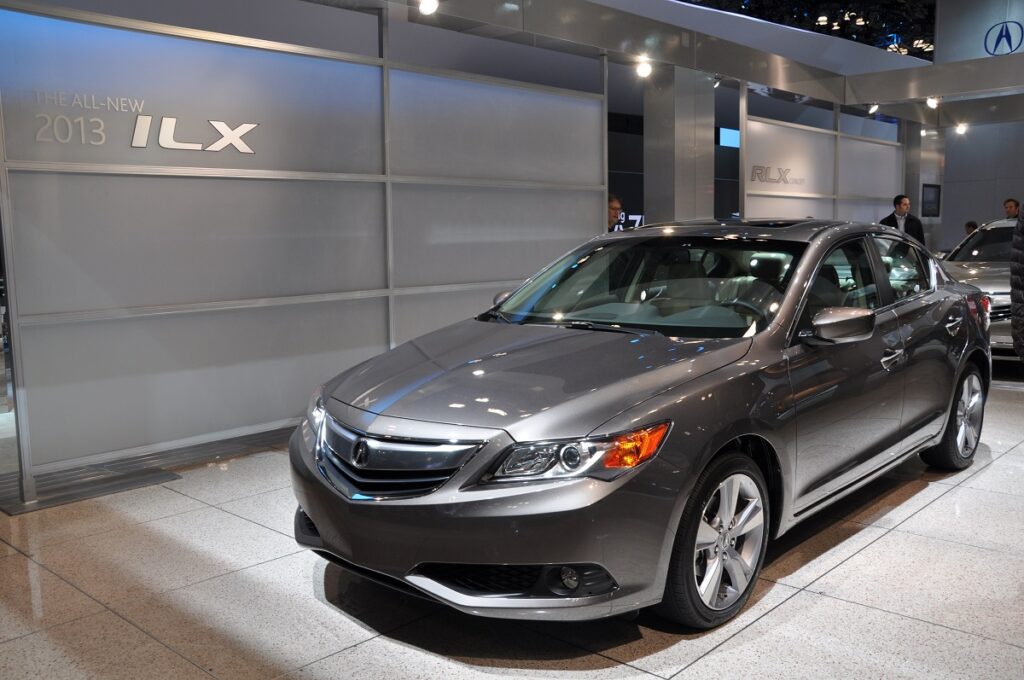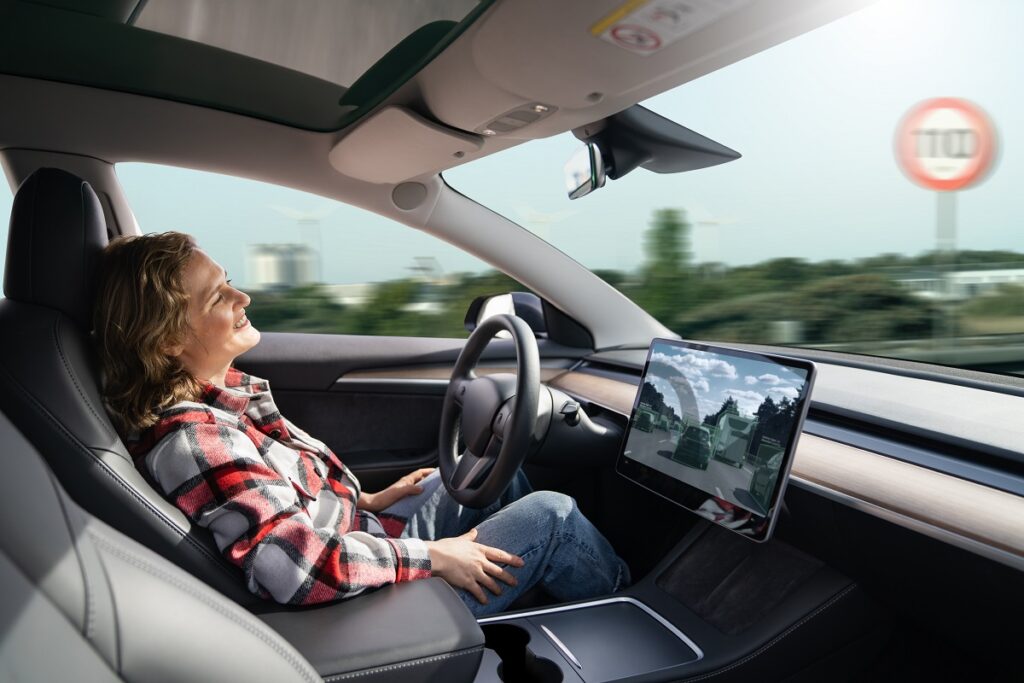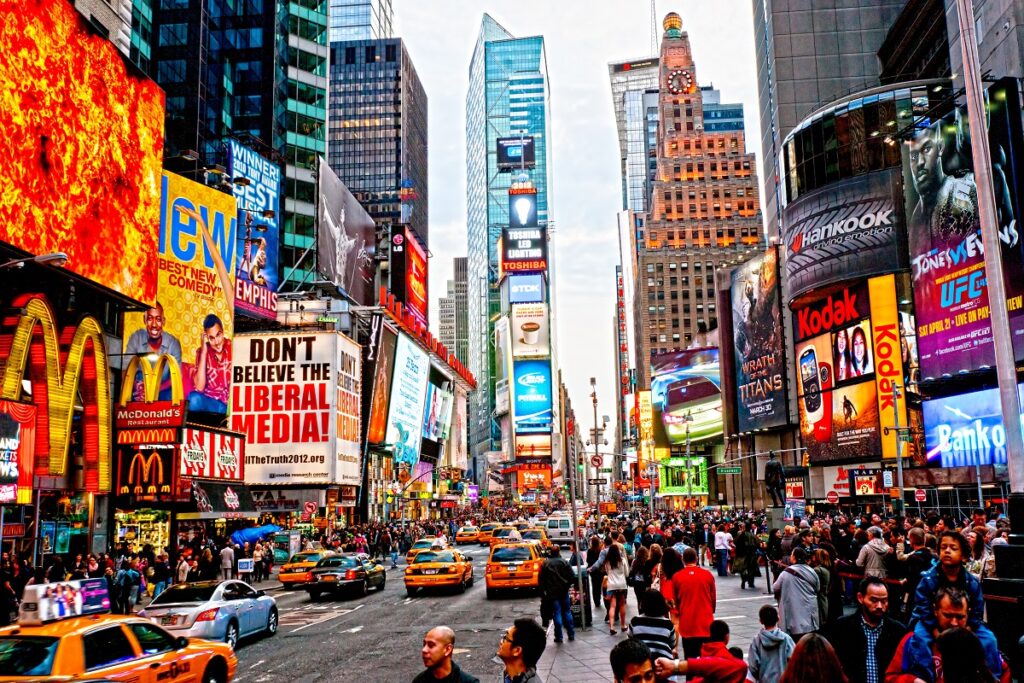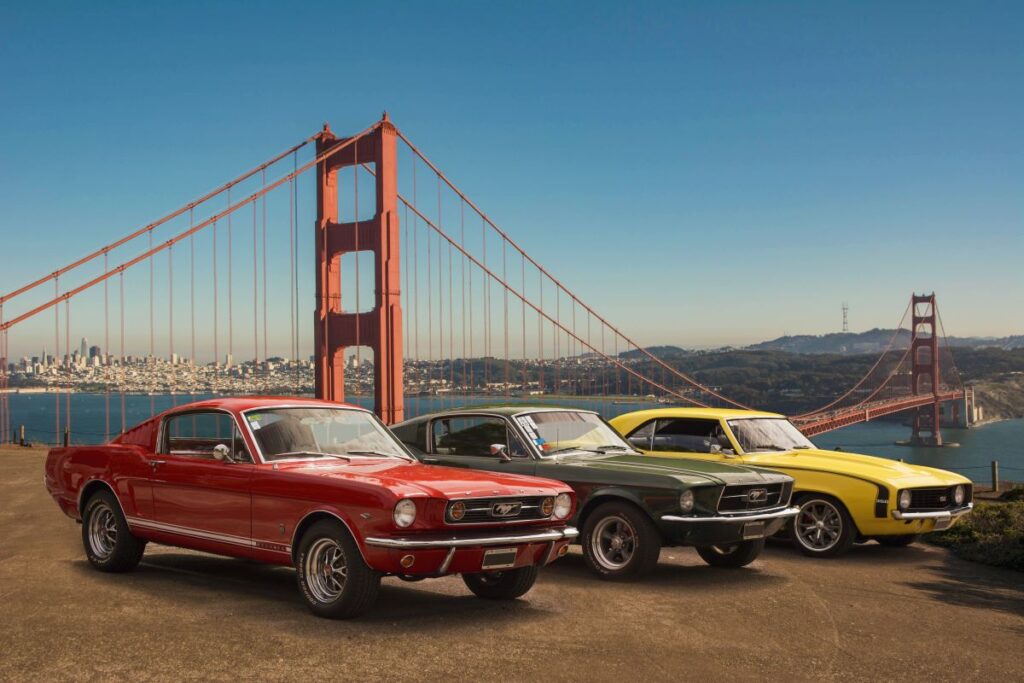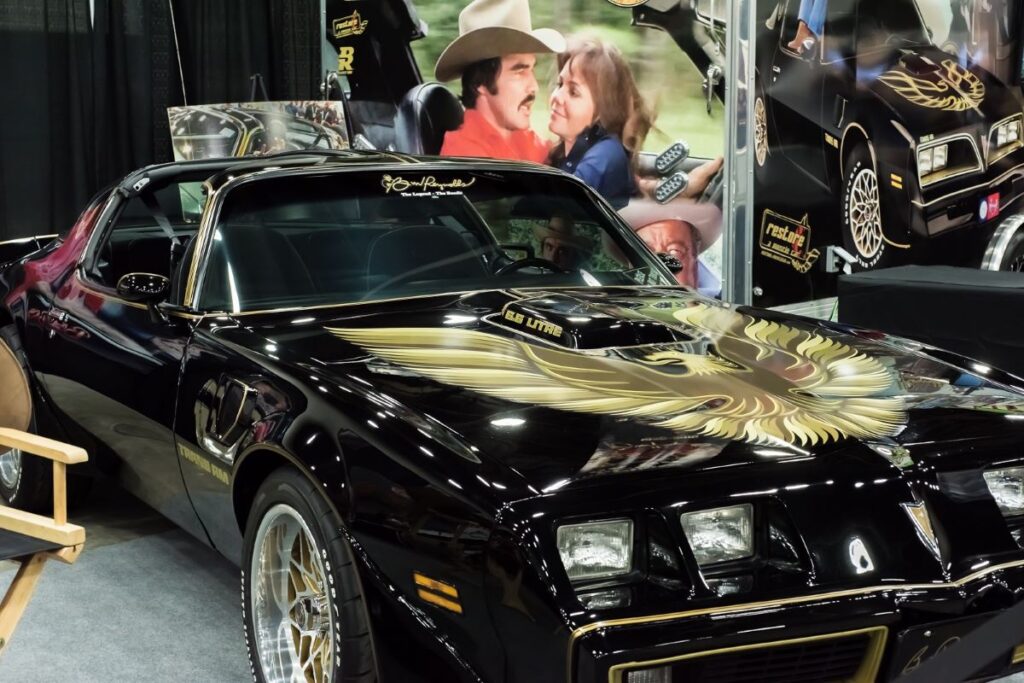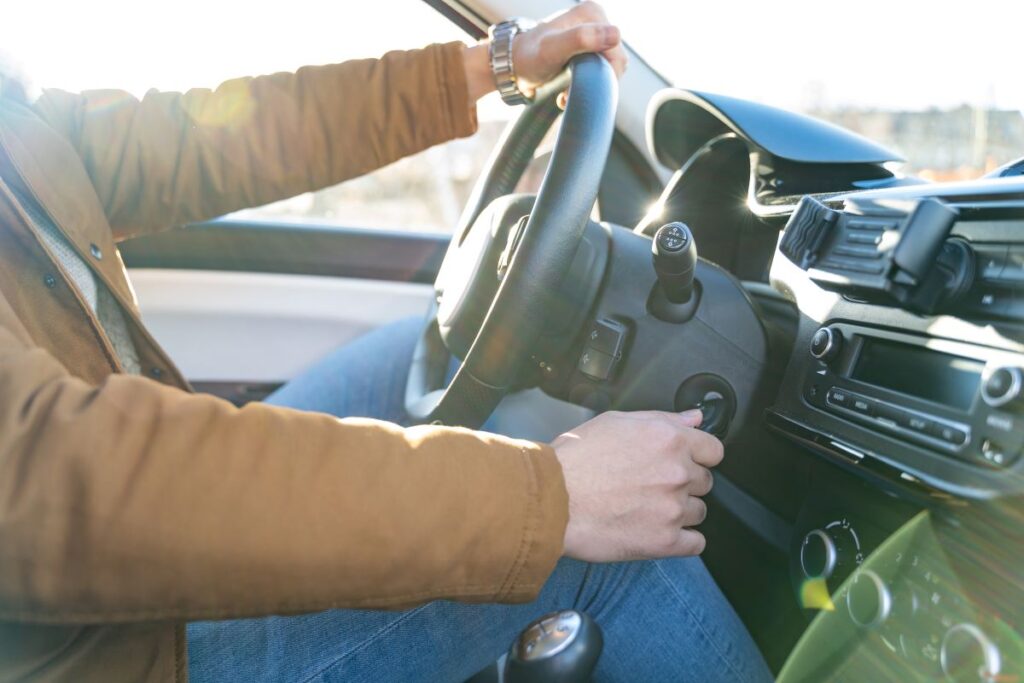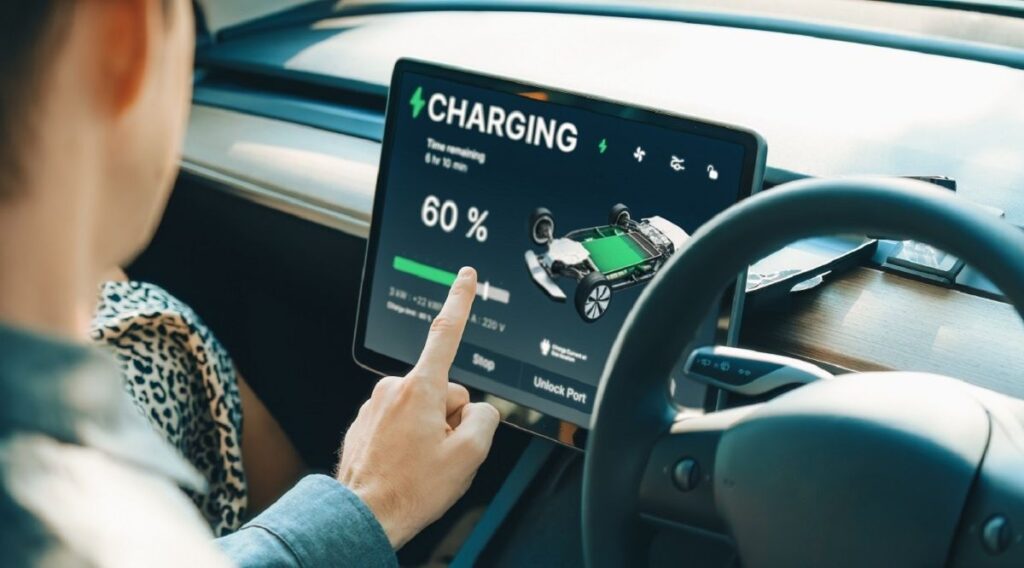It’s easy to write off millennials as the generation that’s abandoning car ownership purely by choice, but is it really about preference, or are there larger forces at play? Here’s a closer look at why millennials might be the first generation to seriously break up with the idea of owning a car.
1. Staggering Student Debt

Millennials are notoriously burdened by student loans, making significant monthly payments that leave little room for car-related expenses like car payments, insurance, and maintenance costs.
2. The Rise of Remote Work

With remote work becoming more common, many millennials don’t see the necessity of owning a car when their daily commute consists of just walking to the next room.
3. High Cost of Living

Urban areas, where many millennials prefer to live due to job opportunities and lifestyle, often come with a high cost of living, making car ownership less affordable.
4. Improved Public Transit
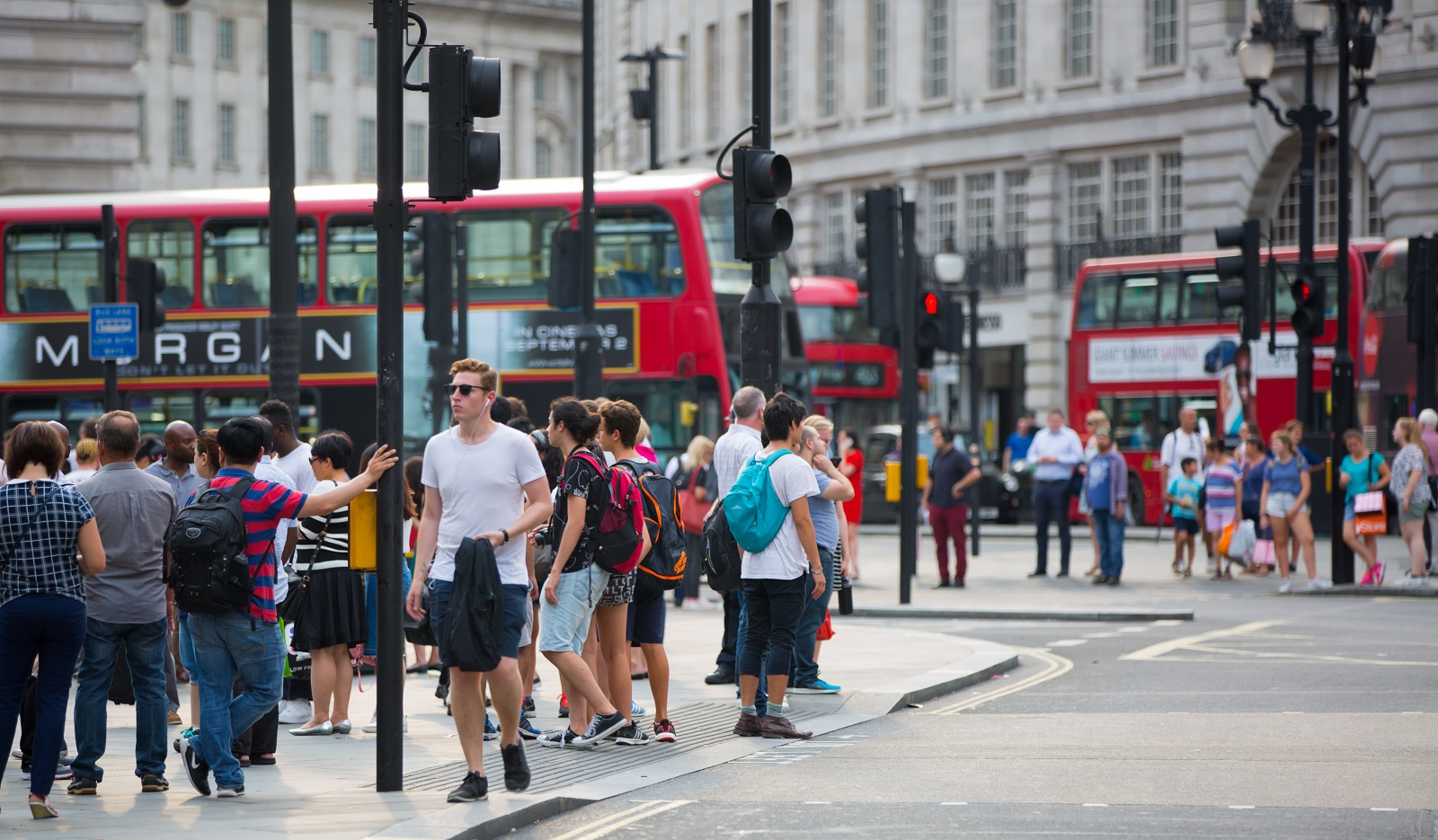
Many millennials live in cities with access to increasingly reliable and expansive public transit systems, reducing the need to own a car.
5. The Environmental Impact
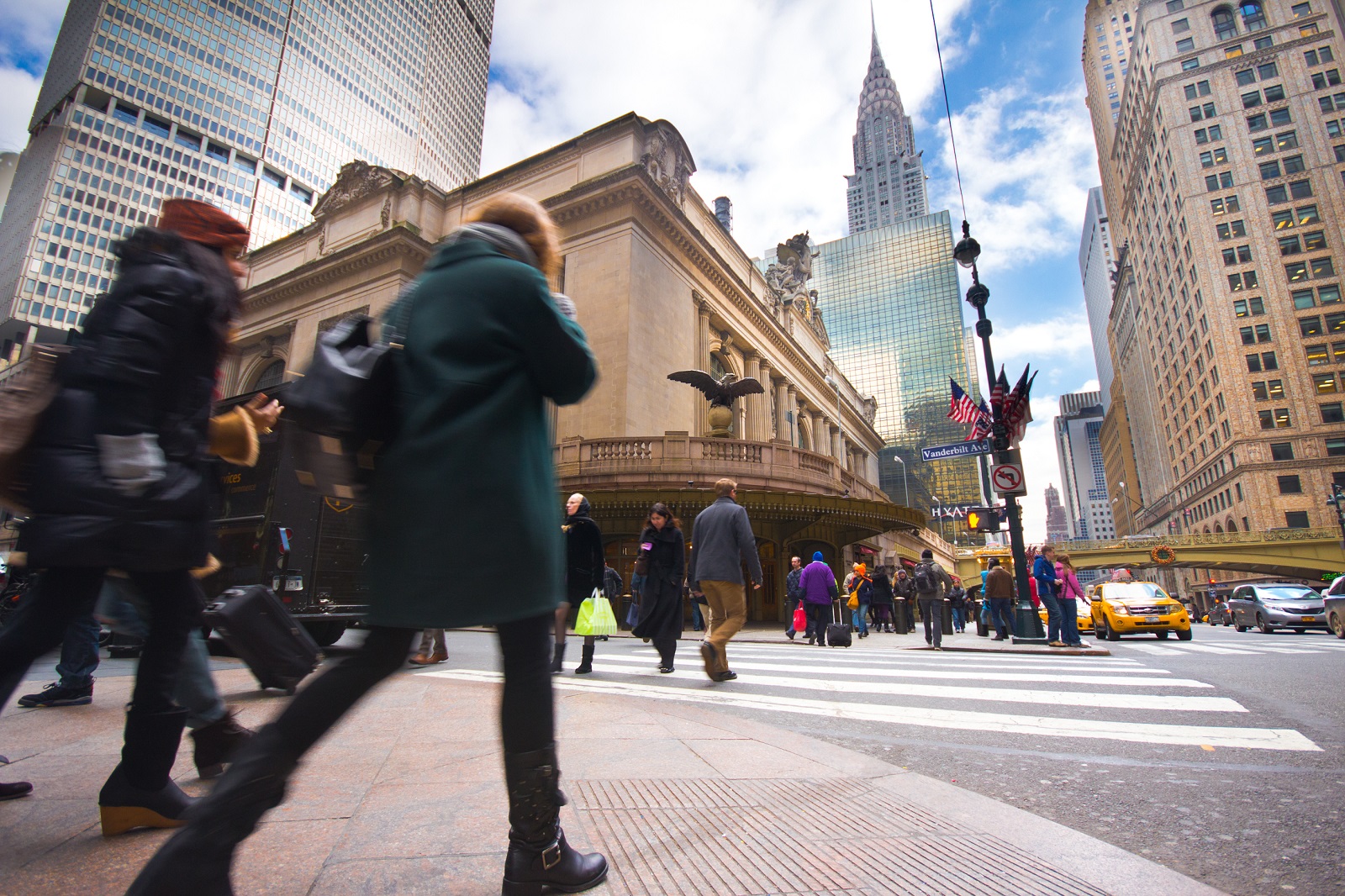
Environmental consciousness is significant for millennials, many of whom prefer to walk, bike, or use public transport to reduce their carbon footprint.
6. The Hassle of Parking
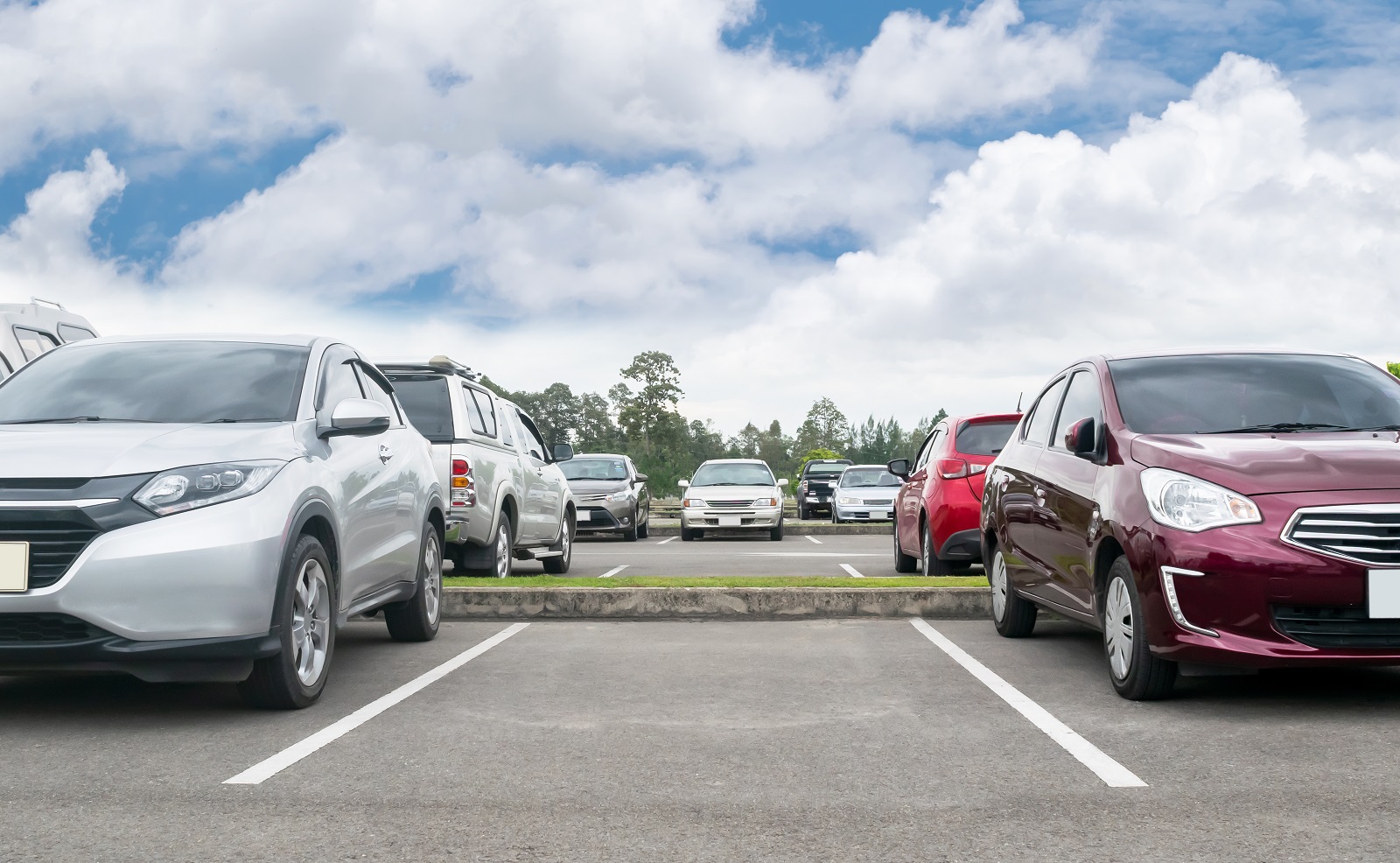
In dense urban environments, the availability and cost of parking can be a significant deterrent to owning a car.
7. The Sharing Economy
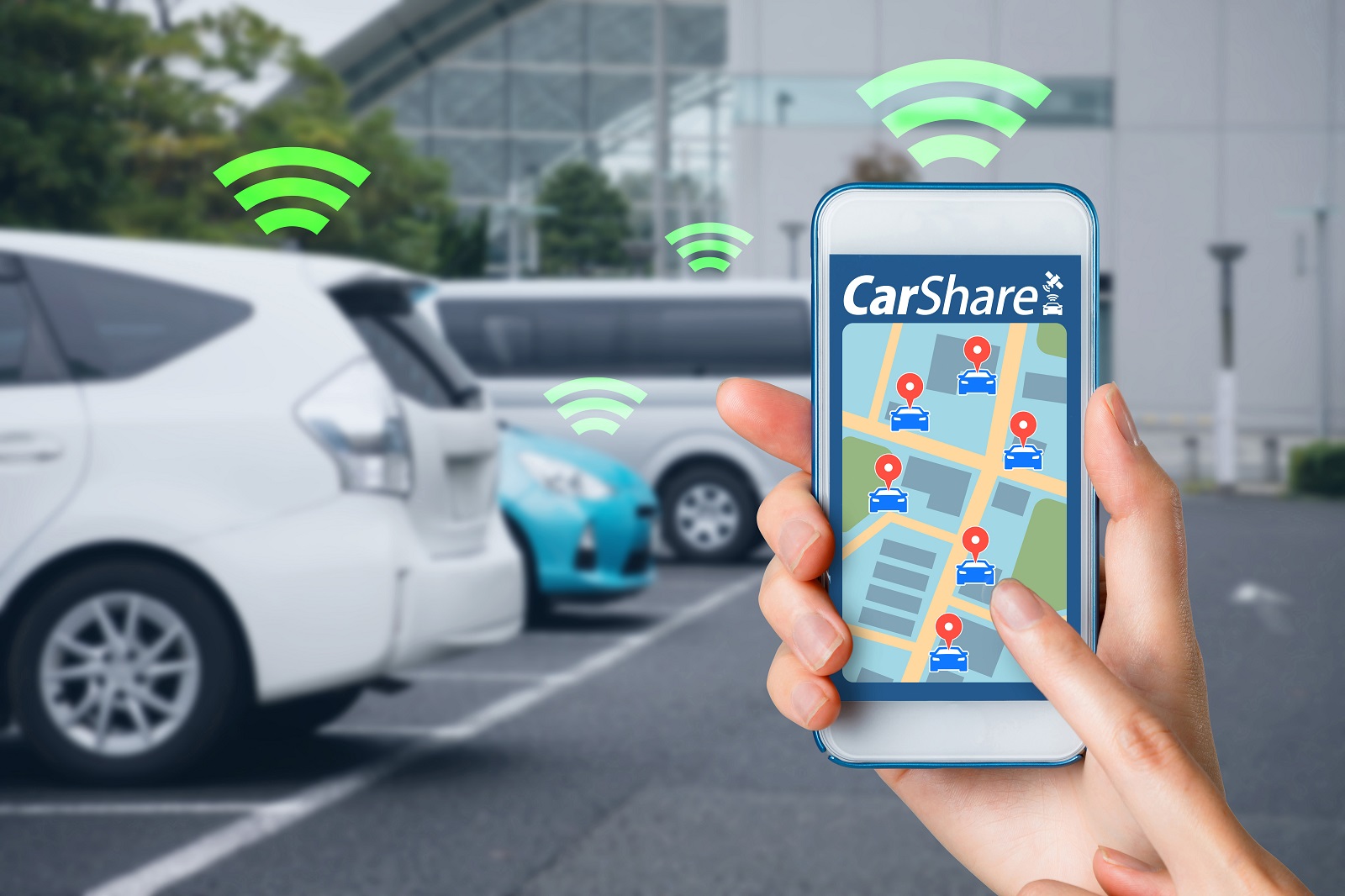
Car-sharing services like Zipcar and peer-to-peer services like Turo offer the benefits of a car without the costs and hassles of ownership.
8. Delayed Milestones

Millennials are getting married and having children later in life, which delays many of the life events that traditionally necessitate car ownership.
9. Better Health and Wellness Options
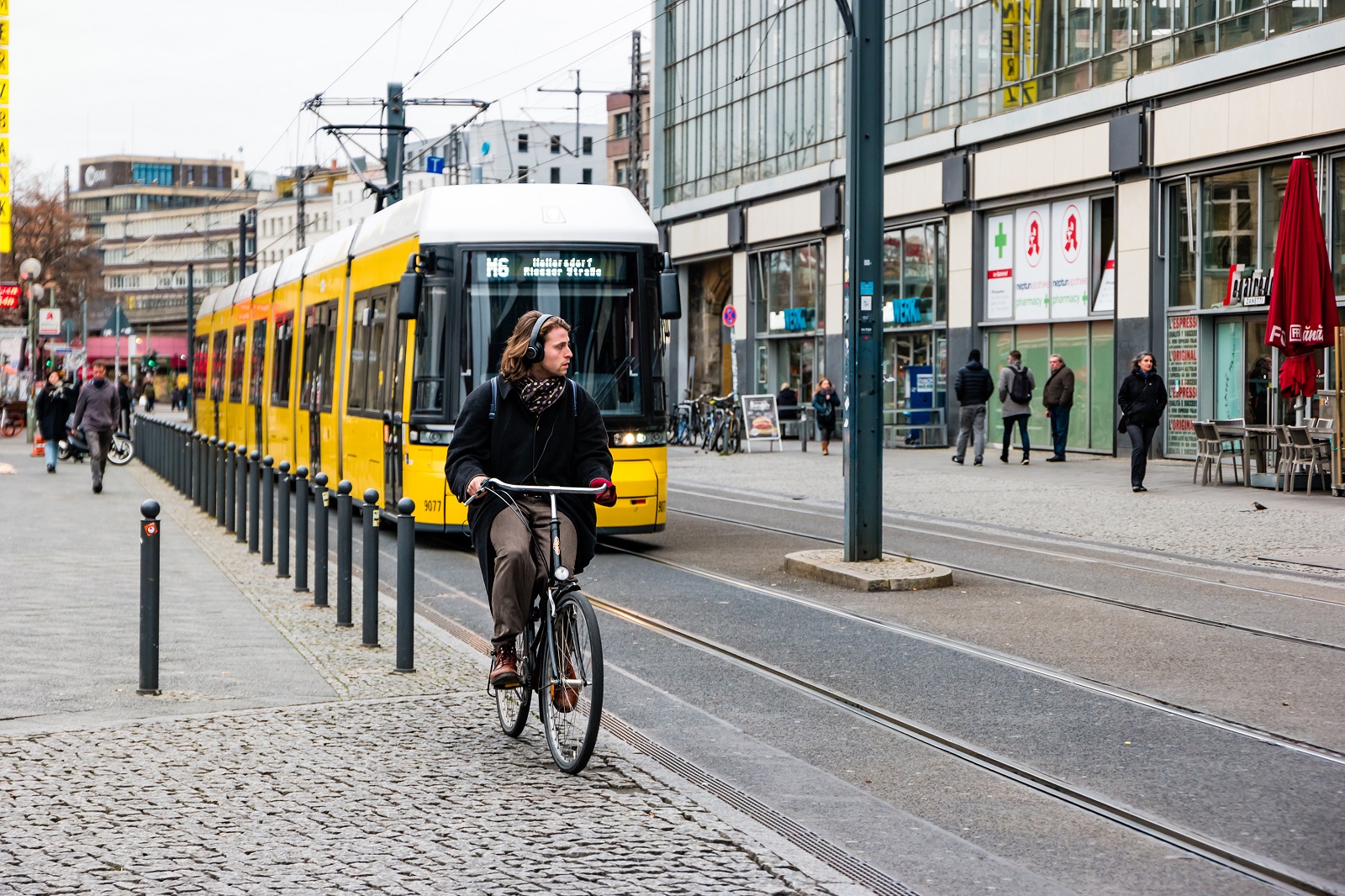
Many millennials prioritize fitness and prefer biking or walking as part of their daily routine, seeing car ownership as a less healthy option.
10. The Expense of Car Maintenance
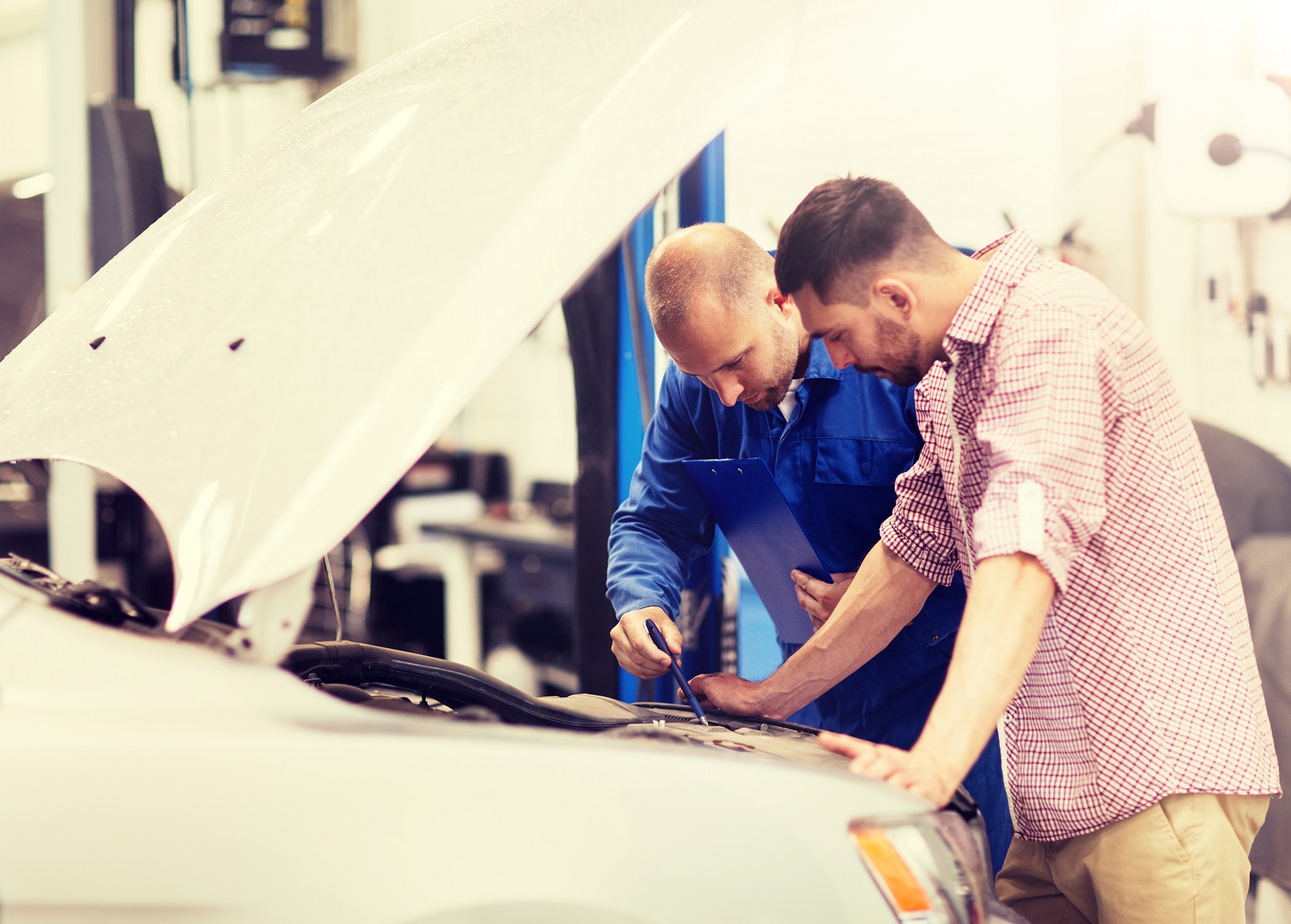
The ongoing costs of car maintenance can be daunting—especially when unexpected repairs arise, which can strain already tight budgets.
11. Advances in Technology
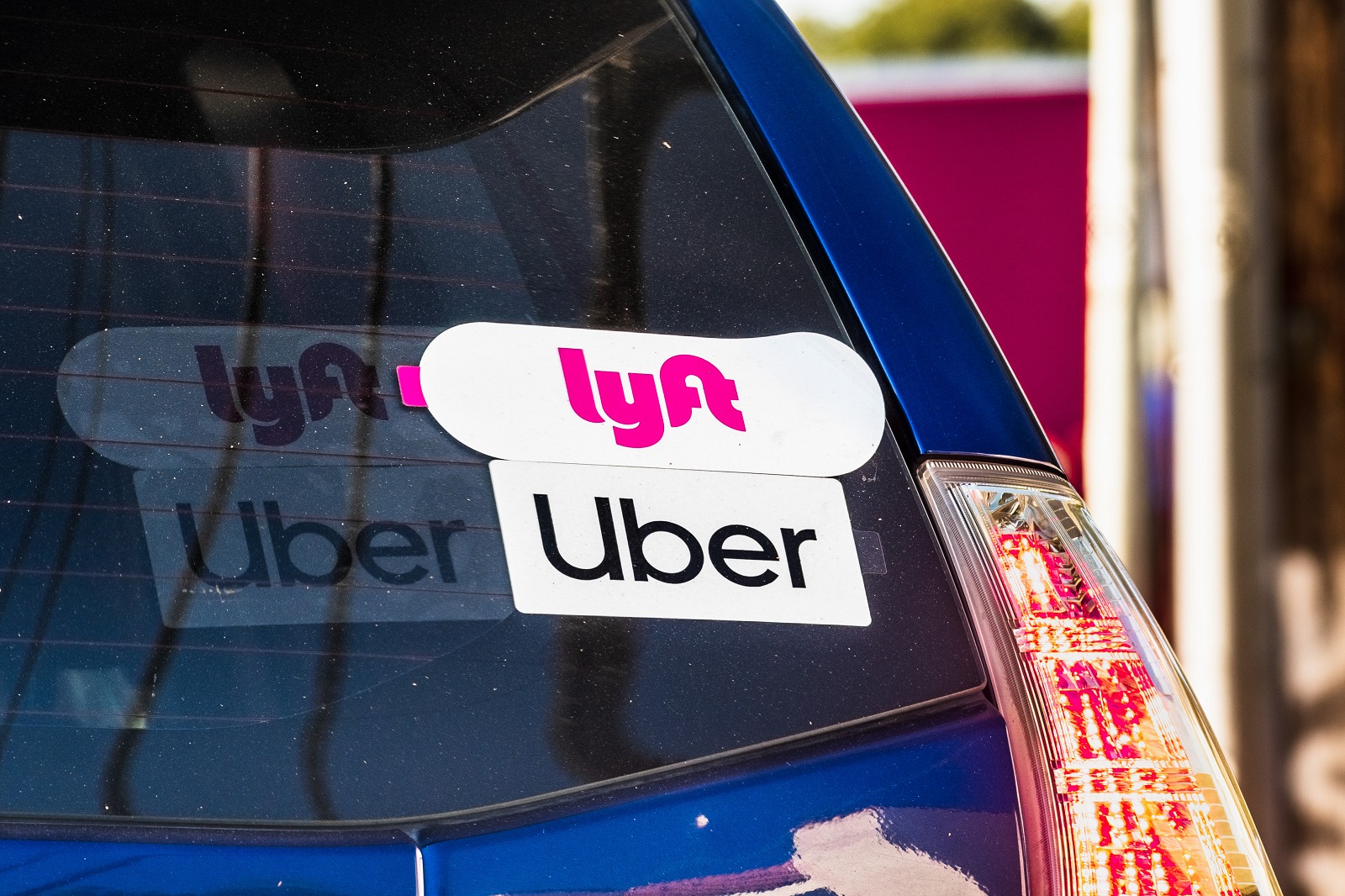
Technology, especially the growth of ride-sharing apps like Uber and Lyft, has made it easier than ever to get around without owning a car.
12. The Burden of Insurance Costs

Car insurance can be prohibitively expensive, particularly for younger drivers, adding another layer of cost to car ownership.
13. A Saturated Auto Market

Many millennials perceive the auto market as overly saturated and prefer to invest in technology that appreciates in value or offers greater utility.
14. Skepticism About Car Sales Tactics

There’s a widespread distrust among millennials regarding traditional car sales tactics, which can often feel opaque and pressure-filled.
15. Preference for Experiences Over Possessions
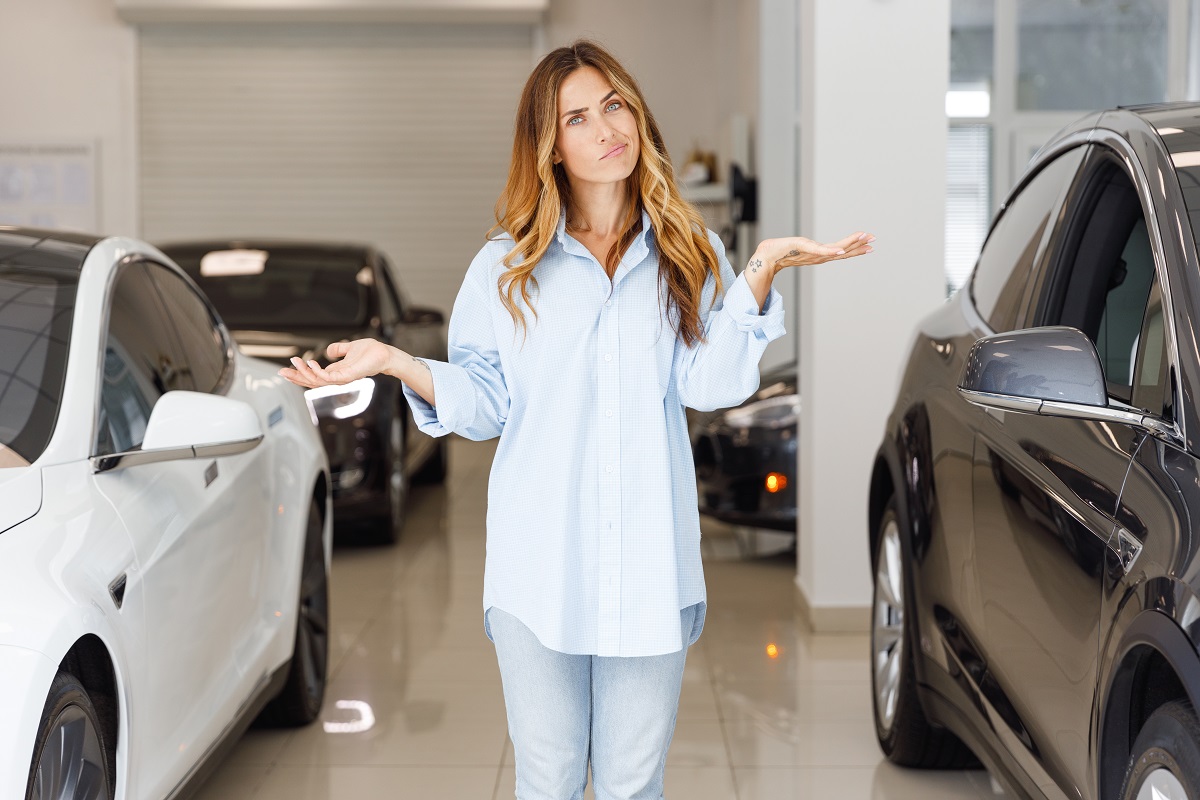
ViDI Studio
This generation tends to value experiences over possessions, viewing car ownership as a lower priority compared to travel and cultural experiences.
16. Urbanization and Lifestyle
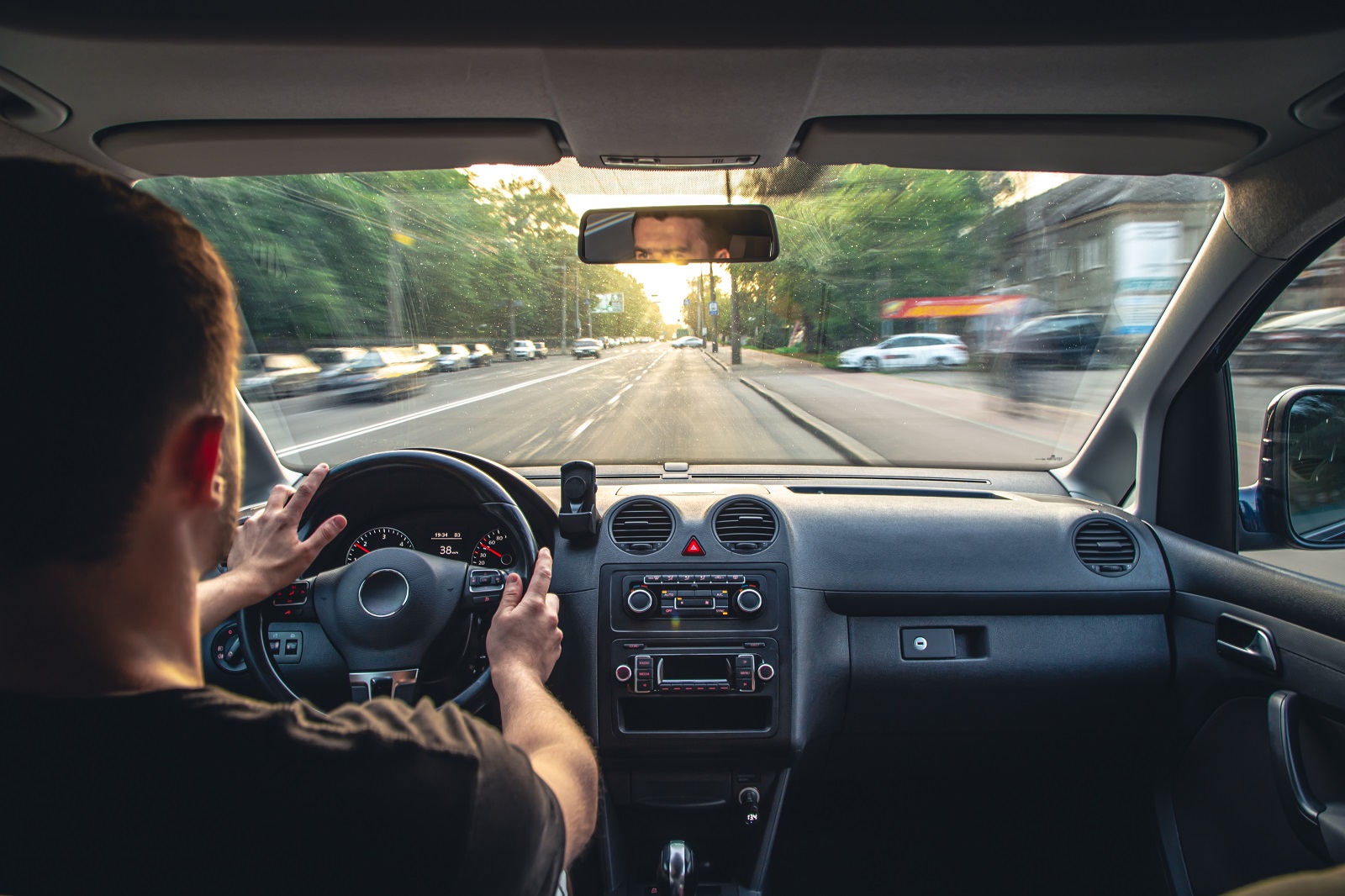
The trend towards urban living reduces the necessity for a car, as everything needed is often within walking or biking distance.
Consider Their Reality

While it’s easy to critique millennials for their apparent disinterest in car ownership, the reality is shaped by a complex mix of economic challenges, lifestyle choices, and societal shifts. Millennials might be breaking up with car ownership, but they’re driving a larger conversation about sustainable, practical living.
Featured Image Credit: Shutterstock / My Ocean Production.
For transparency, this content was partly developed with AI assistance and carefully curated by an experienced editor to be informative and ensure accuracy.

